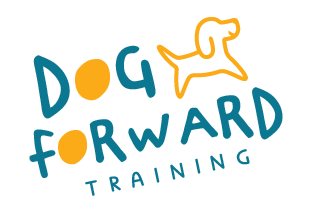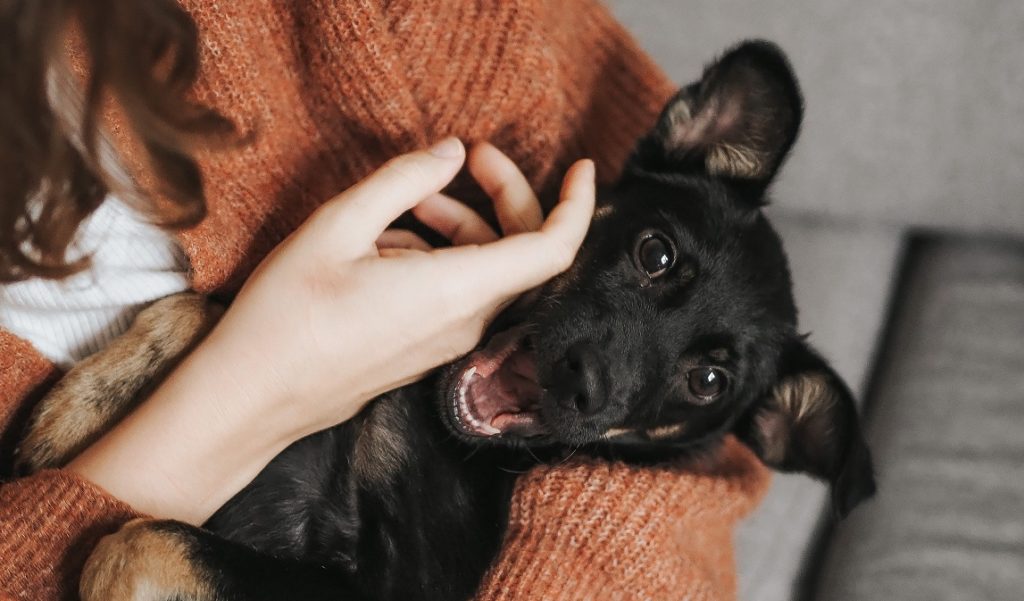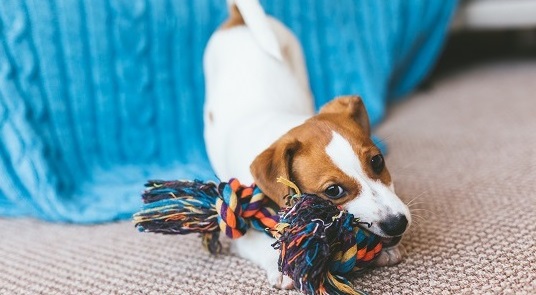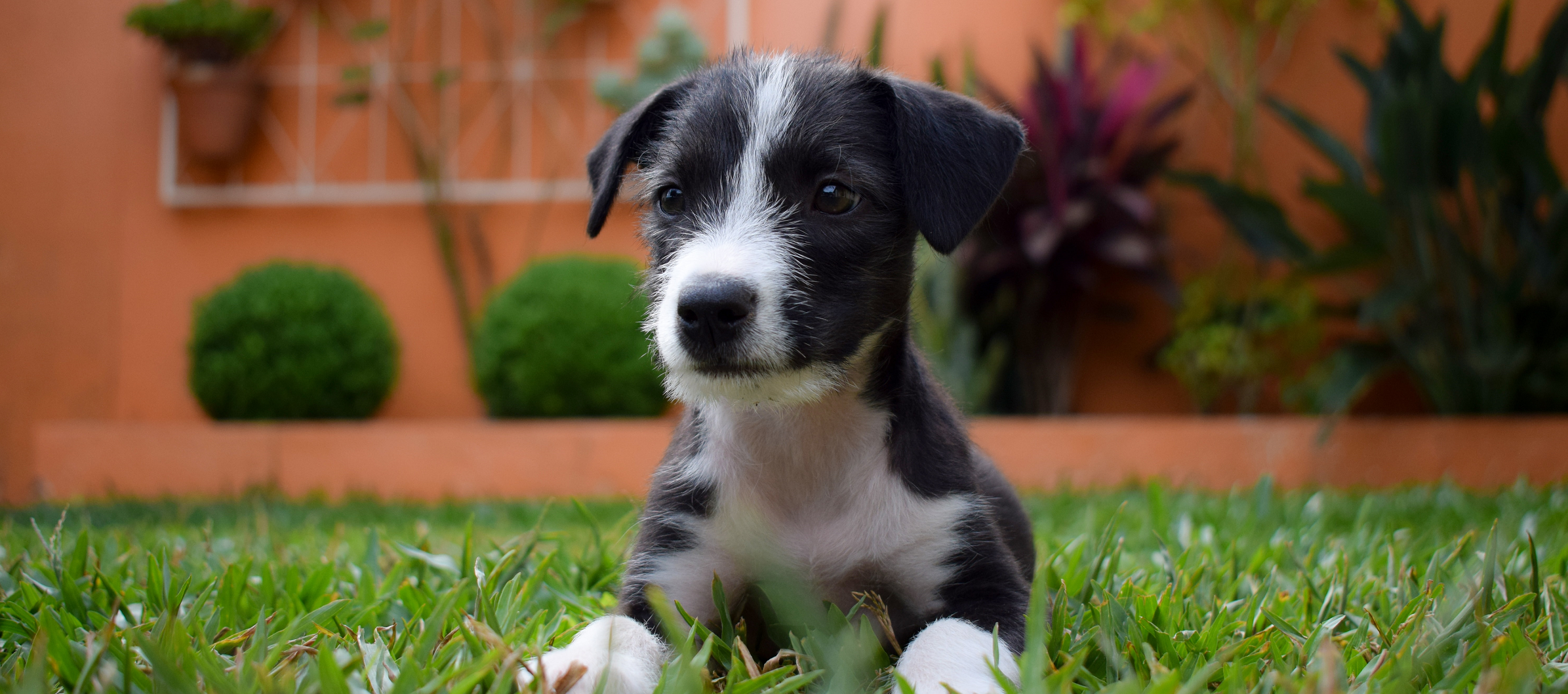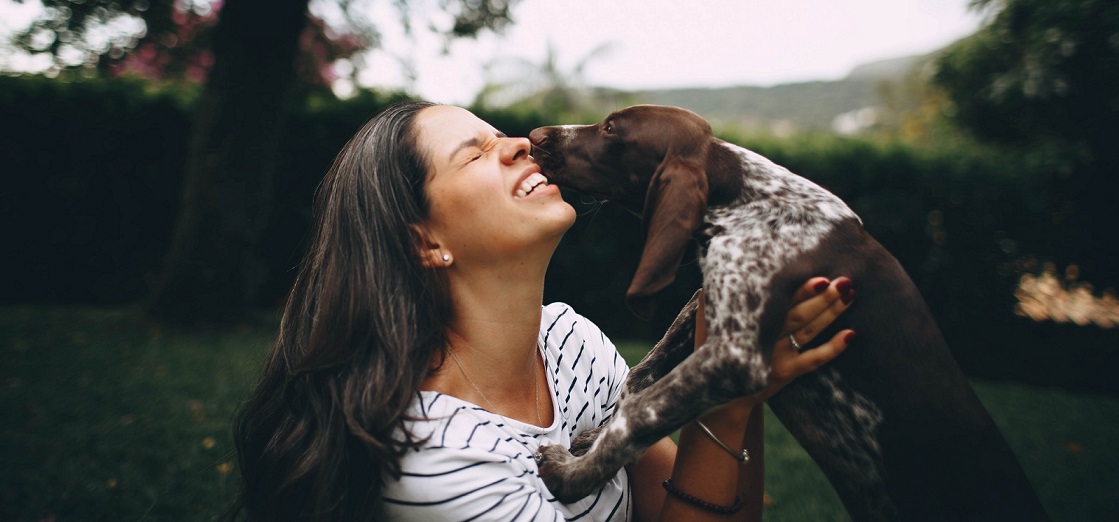If you didn’t know that puppies have needle-sharp teeth before you brought them home, I’m going to guess it didn’t take very long before you figured that out. Puppies bite. A lot. You’ve probably got a few good scratches on your hands. Perhaps you have lost some hairs to your little piranha. Maybe they’ve added a cool distressed look to some of your t-shirts.
There’s no doubt that puppy biting can be painful and annoying. This article will give you some practical advice on how to handle puppy biting. It will also cover some things NOT to do when your puppy bites you.
What to Do When Your Puppy Bites You
Here is how you can appropriately handle your puppy’s biting.
Know that Biting is Normal Behavior
Puppies explore the world with their mouths. It’s part of how they learn. Biting isn’t a problem to be solved, so much as it’s a developmental stage. And – great news! – it won’t last forever. Remembering that biting is normal puppy behavior, and that nothing is wrong with your puppy, can help you maintain patience as you manage their sharp mouths.
Redirect Your Puppy
If your puppy is biting your skin or clothing, redirect them onto a toy or chewy item. Wiggle a toy or bully stick around to engage them. Hold some fun, floppy toys in your hands while you play with your puppy, so they’re less likely to chomp your fingers. Try using a flirt pole to play with your puppy, which will give you a bit more distance from your pup so your hands and clothes aren’t as accessible. They’re going to bite, so give them something appropriate to bite.
You may find that your puppy redirects onto a toy and then after a bit, they go back to biting you. This is normal. Often puppies need frequent redirection. They are baby animals and are learning how things work. Be consistent in redirecting them to things that are okay for them to bite and chew.
Consider if Your Puppy is Tired
Many puppies will get VERY bitey when they need rest. They may start biting really hard, growling, and jumping at you, teeth first. This isn’t aggression, this is an overly tired puppy. It’s best to put your puppy in a crate or pen when this happens so they can sleep, and avoid their sharky rampage.
If you notice your puppy goes into a biting frenzy at certain times of day, or after certain events like a long play session, you can get ahead of the chomping. Put your puppy in their pen or crate for rest BEFORE the chaos begins.
Remove Yourself from the Puppy
If your puppy is struggling to redirect their mouth onto a toy and they’re not tired, you can also give your puppy a short break away from you. You can either leave the space and go on the other side of a barrier, such as a baby gate. Or you can calmly put your puppy in a pen or crate. This break can be short. Twenty or thirty seconds is enough. Then you can let them out, or re-enter the room, and begin playing appropriately again.
With some repetition, your puppy will learn that when they bite you, they lose access to you. This strategy can help reduce the amount of biting your puppy does, but remember that biting is normal puppy behavior. It likely will not go away completely until they mature.
Consider if Your Puppy is Teething
At around 12 weeks of age, puppies begin to lose their baby teeth and their big adult teeth grow in. When this happens, their mouths can be sore. They might bite your skin or clothes in an attempt to seek relief from the pain. Offer them plenty of appropriate things they can chew during teething. Some of my favorites are bully sticks and beef cheek rolls. Frozen Kongs and Toppls can also help provide teething relief.
What NOT to Do When Your Puppy Bites You
People often love to give new puppy owners advice on how to train their new companion. If you scroll through internet forums, you’ll find no shortage of ideas on how to handle puppy biting. But, often that advice is misguided and can actually make the biting worse and damage your relationship with your new pup.
Here are some things not to do when your puppy bites you.
Don’t Punish Your Puppy for Biting
Remember that biting is part of a developmental stage for your puppy, even though it’s annoying and painful. It doesn’t need to be punished, it needs to be managed. Flicking, hitting, pinching, pinning, or spraying your puppy for biting will only damage their trust in you. When you bring a new puppy into your life, it’s so important that they learn you are a safe, trustworthy person who is nice to be around. Punishment proves to your puppy the exact opposite.
Don’t Yelp or Scream at Your Puppy
A common suggestion is to squeal or yelp when your puppy bites you as if to mimic another dog crying out in pain from a hard bite. This really is not an effective solution though. It will either excite your puppy, which will lead to more and harder biting, or it will scare them so they won’t want to come near you.
Don’t Jerk Your Hand Away
Quick movement can be exciting for puppies. If you snatch your hand away, it can encourage them to bite the hand again. Instead, gently remove your hand, and redirect them to a toy, or give them some time to chill in their pen or crate.
If you’re feeling overwhelmed by your puppy’s biting (and chewing, and jumping, and crying), I can help you! My puppy program is designed to help you cut through frustration and overwhelm so you can actually enjoy your pup.
